 ROYAL FAMILY NEWS
ROYAL FAMILY NEWSEx-Prince Andrew May Be Humiliated Even Further With Correction to His New Title
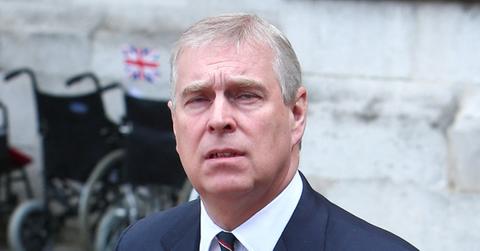
Andrew Mountbatten-Windsor lost his royal titles earlier this year.
Nov. 11 2025, Published 2:38 p.m. ET
Ex-Prince Andrew's humiliation only worsens with what will likely be another change to his new name.
Following news on October 30 that the former Duke of York would now be known as Andrew Mountbatten Windsor, it seems the royal family may have to edit his name once again to include a highly important hyphen his late mother Queen Elizabeth II put in place decades ago.
The removal of the hyphen between Mountbatten and Windsor was reportedly a request made by Andrew himself, however, The Telegraph recently claimed the palace is changing his moniker once again to Andrew Mountbatten-Windsor due to the hyphen's "historic precedent."
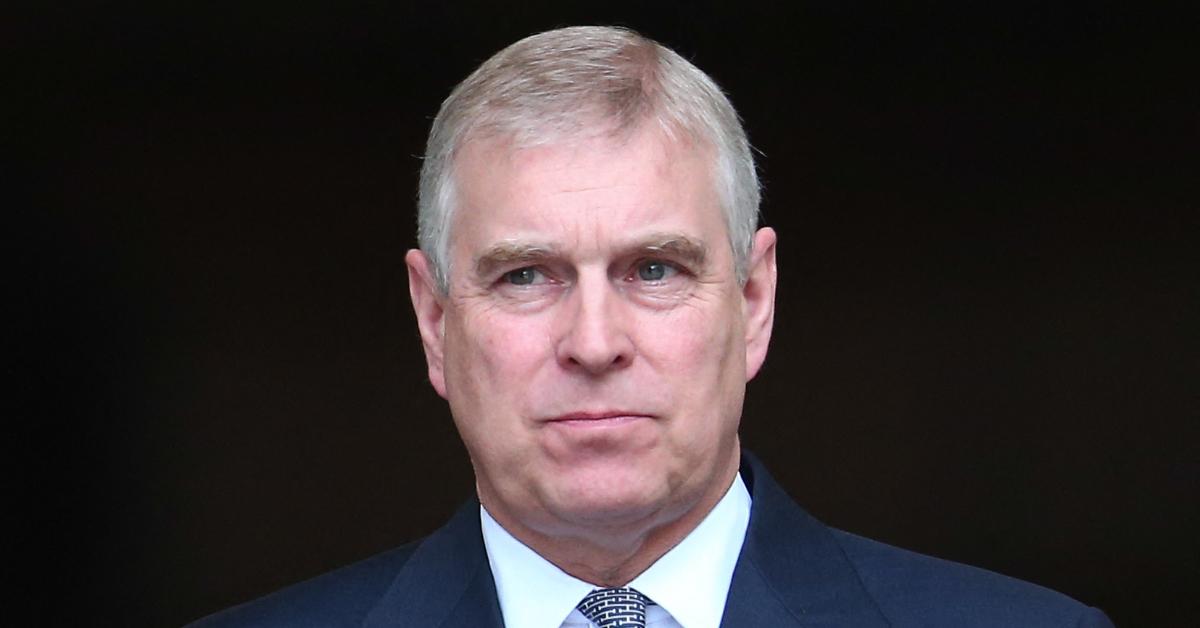
Former Prince Andrew recently lost his titles and honors due to his connection to Jeffrey Epstein.
Queen Elizabeth first declared her family's surname would be Mountbatten-Windsor in 1960 — after Andrew was born earlier that same year.
The decision was made following her succession into the throne in 1952. Prior to becoming queen, she and husband Prince Philip welcomed King Charles in 1948 and Princess Anne in 1950.
Andrew was Elizabeth and Philip's first child to be born during her reign, with the late lovers welcoming their youngest son, Prince Edward, in 1964.
Queen Elizabeth II Orderer Her Non-HRH Descendants to 'Bear the Name of Mountbatten-Windsor'
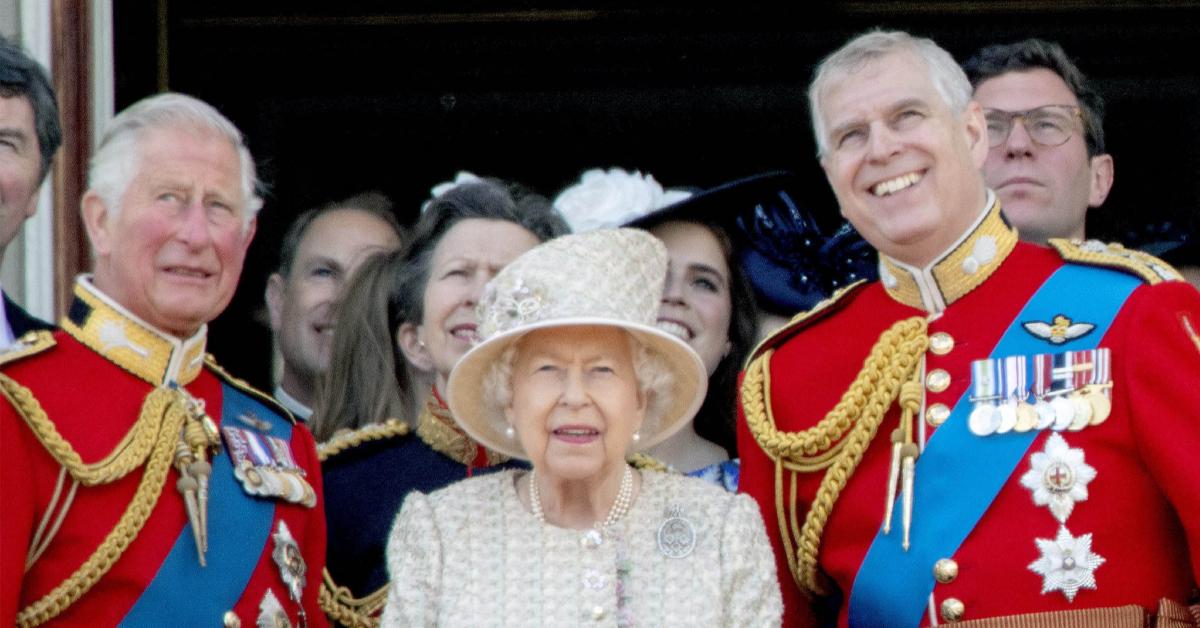
Queen Elizabeth ordered for her non-princely descendants to bear the name Mountbatten-Windsor.
Queen Elizabeth announced her decision for her descendants without princely titles to bear the name Mountbatten-Windsor — a combination of her and Philip's last names — two weeks before Andrew's birth in a piece published in The London Gazette.
"Now therefore I declare My Will and Pleasure that, while I and My children shall continue to be styled and known as the House and Family of Windsor, My descendants other than descendants enjoying the style, title or attribute of Royal Highness and the titular dignity of Prince or Princess and female descendants who marry and their descendants shall bear the name of Mountbatten-Windsor," she said at the time.
- Prince Philip Would 'Turn in His Grave' Thanks to Prince Harry and Meghan Markle's Snub Over His Great-Grandkids
- Queen Elizabeth II Was Told to 'Ignore' Andrew Mountbatten Windsor's S-- 'Obsession' Even Though It 'Interfered With His Royal Duties'
- OK! Reveals the Two Huge Changes Ex-Prince Andrew Was Hit With as Soon as He Had His Royal Titles Revoked
Want OK! each day? Sign up here!
Prince Philip 'Complained' About Not Being Able to Pass Down His Family Name
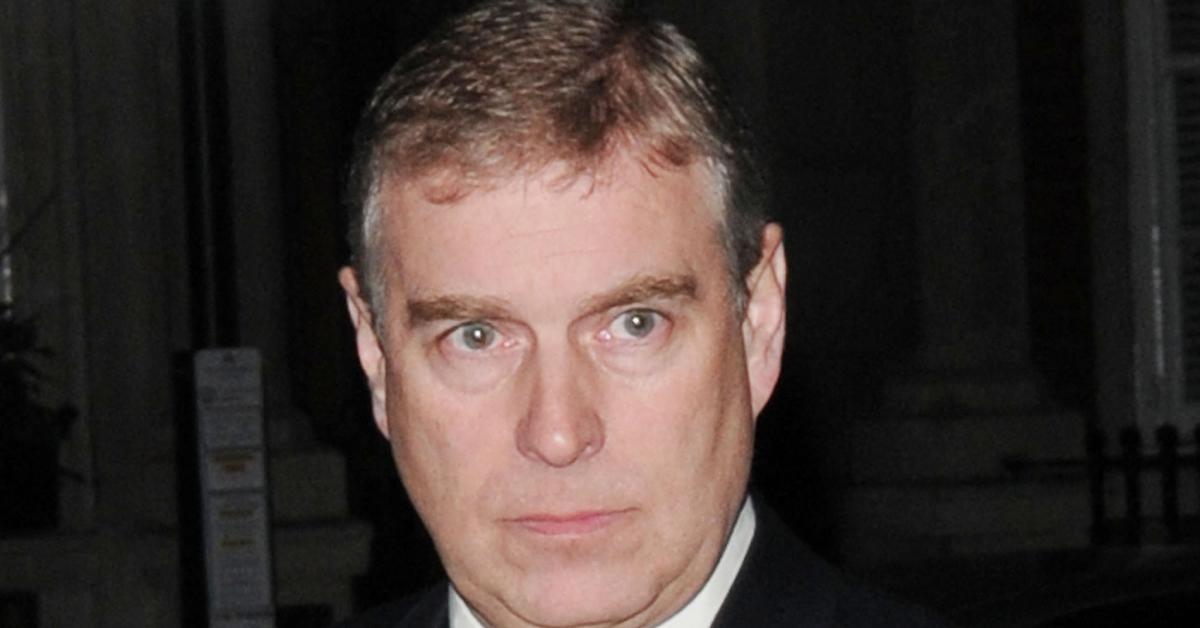
Ex-Prince Andrew will reportedly need to update his name to Andrew Mountbatten-Windsor.
Her Majesty's order was reportedly made to please her husband, who allegedly complained about being "the only man in the country not allowed to give his name to his children," making him "nothing but a bloody amoeba."
Amid a controversial debate about whether Andrew should use a hyphen between Mountbatten and Windsor, royal historian and author Ian Lloyd spoke to The Times to discuss what it all means.
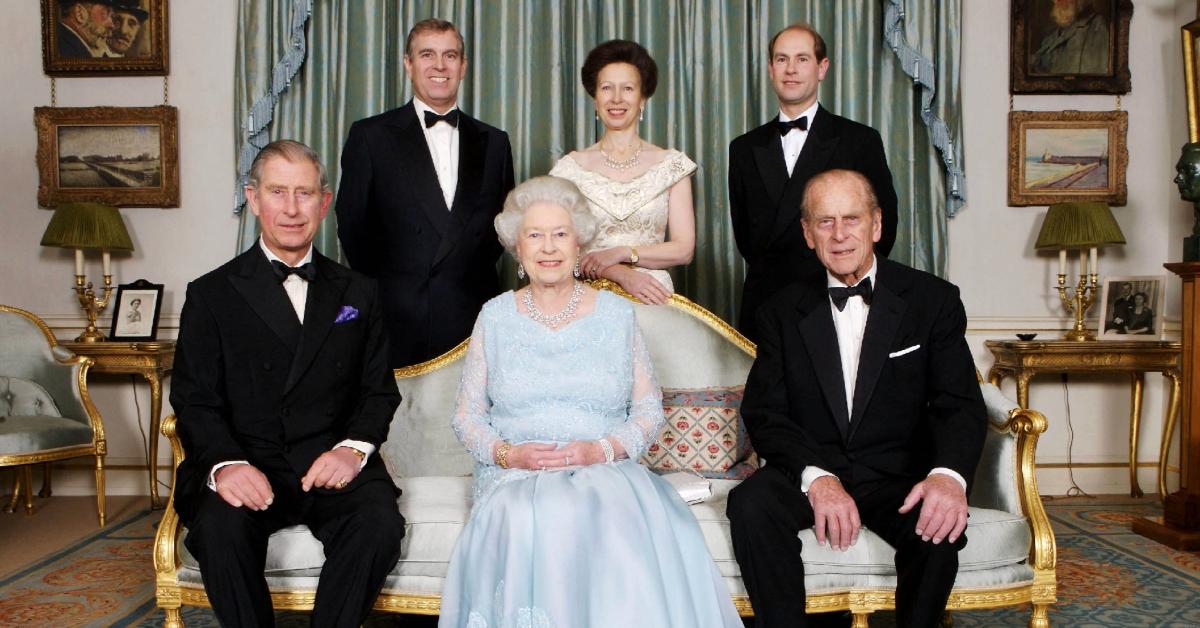
Queen Elizabeth and Prince Philip shared four children.
"I was quite surprised when the palace statement came out giving Andrew’s name without a hyphen, given the historic precedent for one," he admitted. "Prince Philip had complained that he was 'the only man in the country not allowed to give his name to his children,’ which made him ‘nothing but a bloody amoeba.' The late Queen’s privy council declaration, therefore, was a way in which the name Mountbatten could be preserved for future generations."
Lloyd continued, "Despite everything that has gone on, I expect that Prince Philip might at least be pleased to know that the Mountbatten name lives on."


